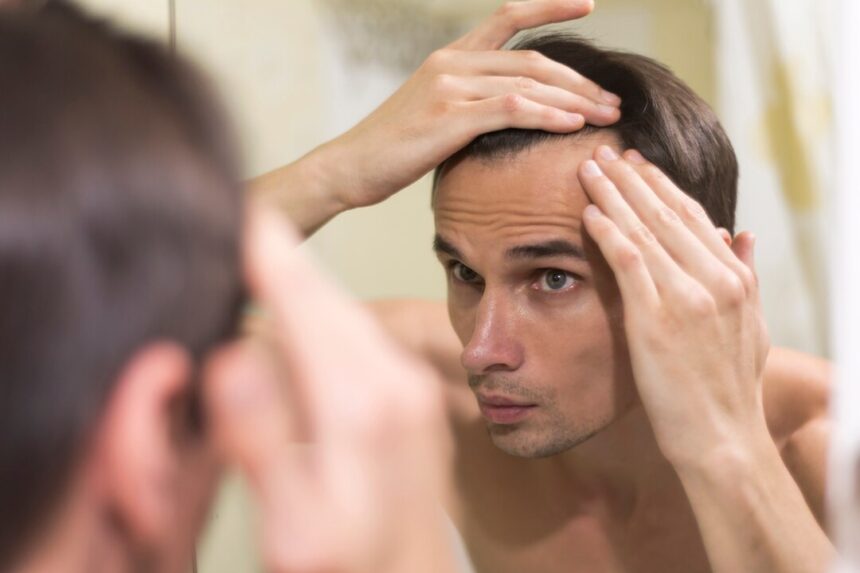Hair loss, a common condition affecting millions of men worldwide, can be a source of distress and insecurity for many individuals. Whether it’s thinning hair, receding hairlines, or balding patches, coping with hair loss can pose significant challenges to self-esteem and confidence. However, there are various strategies and coping mechanisms that men can employ to navigate this journey with resilience and positivity. From embracing baldness to exploring treatment options, here are some strategies for coping with hair loss:
1. Acceptance and Self-Acceptance:
Accepting the reality of hair loss is the first step towards coping with it effectively. Embracing one’s changing appearance and recognizing that hair loss does not define one’s worth or attractiveness can foster a sense of self-acceptance and confidence.
2. Change in Perspective:
Shifting the perspective on hair loss from a negative to a neutral or positive outlook can be empowering. Viewing baldness as a natural part of the aging process or as a unique characteristic that adds character and individuality can help alleviate negative emotions associated with hair loss.
3. Confidence Boosters:
Boosting confidence through other means, such as cultivating personal style, grooming habits, and overall self-care, can help offset the impact of hair loss. Dressing well, maintaining good posture, and engaging in activities that bring joy and fulfillment can enhance self-assurance and resilience.
4. Hairstyle Adaptations:
Exploring hairstyles that complement thinning hair or receding hairlines can help minimize the appearance of hair loss. Opting for shorter hairstyles, buzz cuts, or shaved heads can create a sleek and polished look that embraces baldness with style and confidence.
5. Scalp Care:
Prioritizing scalp health through regular cleansing, exfoliation, and moisturization can promote optimal hair growth and maintain a healthy scalp environment. Using gentle, nourishing hair care products and incorporating scalp massages into grooming routines can support overall hair health.
6. Medical Treatments:
Seeking medical treatments for hair loss, such as topical minoxidil (Rogaine) or oral finasteride (Propecia), may help slow down or reverse hair loss in some cases. Consulting with a healthcare professional or dermatologist can provide personalized recommendations and treatment options.
7. Hair Restoration Options:
Considering hair restoration procedures, such as hair transplantation or scalp micropigmentation, can offer long-term solutions for individuals seeking to restore a fuller head of hair. These procedures can provide natural-looking results and boost self-confidence.
8. Support Networks:
Seeking support from friends, family members, or support groups for individuals experiencing hair loss can provide emotional validation, encouragement, and solidarity. Connecting with others who share similar experiences can offer a sense of community and belonging.
9. Mental Health Awareness:
Prioritizing mental health and seeking professional support, such as therapy or counseling, can be beneficial for managing the emotional impact of hair loss. Addressing feelings of anxiety, depression, or low self-esteem in a safe and supportive environment can promote emotional well-being.
10. Embracing Baldness:
Embracing baldness as a distinctive feature and embracing one’s bald head with confidence and pride can be empowering. Celebrating baldness as a symbol of strength, maturity, and individuality can help reshape societal norms and perceptions surrounding hair loss.
In conclusion, coping with hair loss is a journey that requires patience, self-compassion, and resilience. By adopting positive coping strategies, embracing personal style, seeking support when needed, and prioritizing self-care, men can navigate the challenges of hair loss with grace and confidence. Remember, true beauty and confidence come from within, regardless of hair status.










